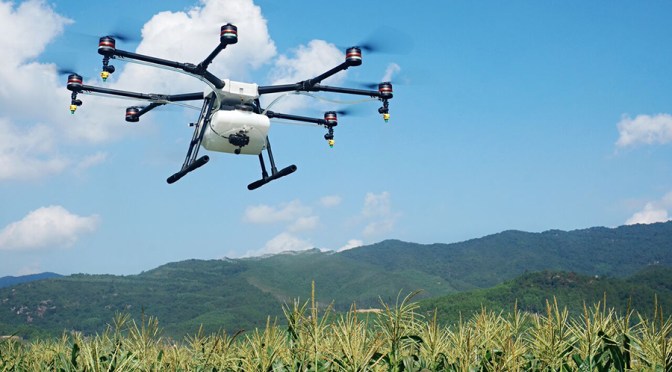Switzerland: medical delivery drones ready to fly and save lives

Logistics company Matternet has announced a permanent autonomous drone network in Switzerland that will now see lab samples like blood tests and other diagnostics flown between hospital facilities, clinics, and labs. The first delivery network will be operational from next month, with several more to be introduced later in the year. Matternet says medical items can be delivered to hospitals within 30 minutes.
Permanent drone delivery networks are already in use in Africa, where drones send units of blood for transfusions to remote clinics in Rwanda, and will soon deliver other medical supplies such as antimalarial drugs and emergency vaccines in Tanzania. But Switzerland will be the first country in the developed world to have permanent drone networks, with drones flying through urban airspace near busy international airports.
Matternet, a Silicon Valley-based tech company, designed the drones, along with a cloud system for sending and receiving platforms–and a newly launched system that can autonomously load, launch, and land the drones.
The Matternet Station occupies a small footprint of approximately 2 square meters and can be installed at ground or rooftop locations. It is equipped with technology that guides the Matternet M2 Drone to precision landing on the Station's platform. After landing, the Station locks the drone in place and automatically swaps its battery and payload. A user is able to send a package to another location by simply scanning it into the Matternet Station, or receive a package from the Station by scanning a QR code. Each Station comes with its own automated aerial deconfliction system that manages drone traffic over the Station.
By the end of the year, the company will have small networks in place at labs and hospitals throughout Swiss cities.
“These types of diagnostics that need to be transported are urgent in nature and they are on demand,” Andreas Raptopoulos co-founder and CEO of Matternet told The Verge. “They have to wait for a courier, sometimes they get taxis to do this type of thing — and when you have a system like this, that is autonomous and reliable, it completely transforms operations.”
By using drones instead of on-demand ground transportation, a hospital can save 20% to 50%, while Matternet still makes a profit. “The economics of that industry are allowing a technology that’s in its infancy–when you have the highest cost–to still be cost-effective for the customer,” Raptopoulos said.
The system could also save lives; in tests, the company found that a trip that takes 25 minutes by car or van (depending on traffic) could take roughly three minutes in a drone.

